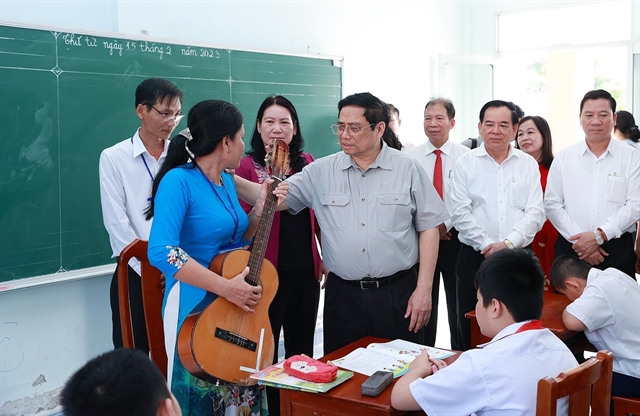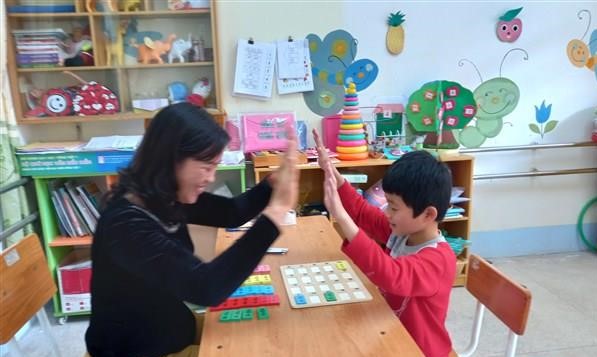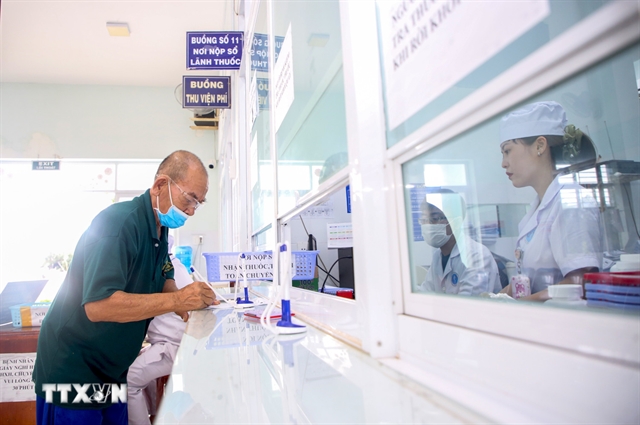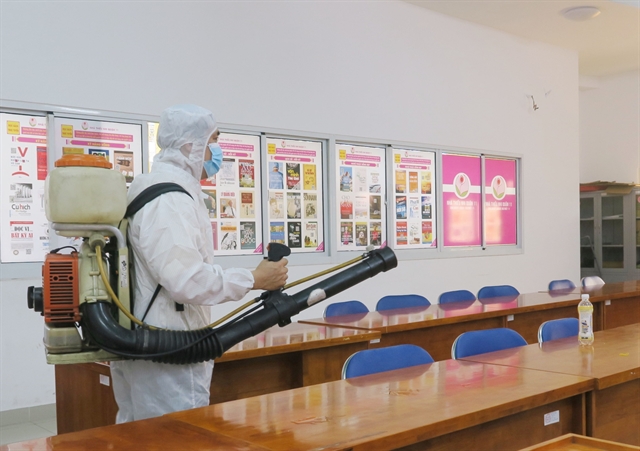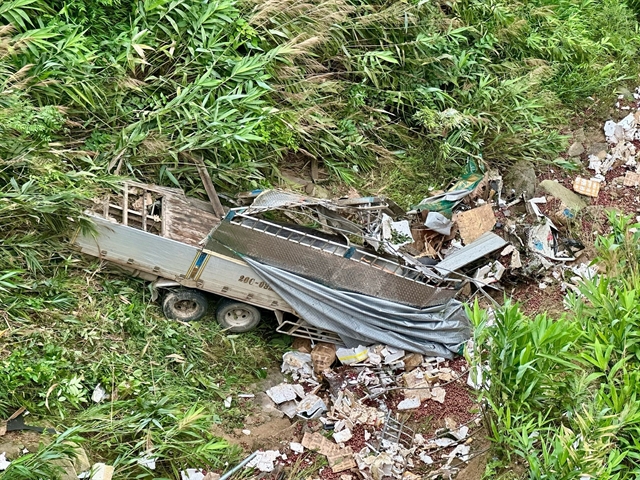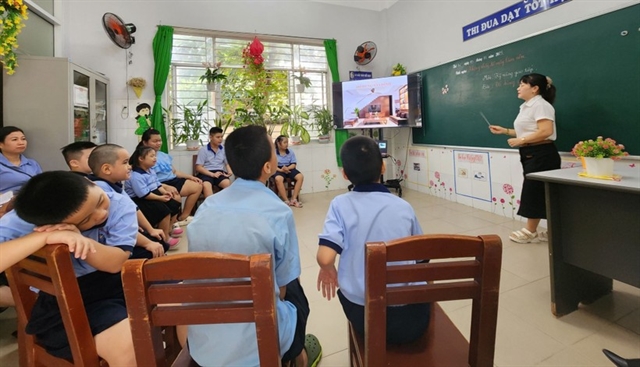 |
| A class at the Future Special School in Cẩm Lệ District, Đà Nẵng City. — Photo giaoducthoidai.vn |
HÀ NỘI — The shortages of special schools for children with disabilities in some parts of Việt Nam leave many parents with no choice but to enrol them in mainstream schools, where they may not receive the support they need, or keep them at home for self-care.
This problem can significantly impact the children's development and well-being.
Linh Thị Sơn, a teacher at the Hanoi Private School for Deaf and Mute Children in Thanh Xuân District, Hà Nội City, reveals that students with disabilities find it much more difficult to acquire knowledge than their normal peers in mainstream schools.
She takes students with hearing impairments as an example, noting that they absorb very little knowledge when left in an environment not designed for them.
"There are two students with disabilities in my class, who have completed 5th grade in a mainstream school but gained limited communication skills and no soft skills," said Sơn.
Nguyễn Thái Phong, principal of Võ Thị Sáu Primary School in Hải Châu District, Đà Nẵng City, notes that few students with disabilities have medical records when they are enrolled in mainstream schools.
Without documentary evidence of their condition, they are obliged to take the same tests as normal students during periodic assessments, which puts them under huge academic pressure.
"The pressure results in grade repetition among the students," said Phong.
The principal also reveals that the absence of medical records makes the teachers in charge of the students ineligible for the benefits and allowances entitled to them otherwise.
"Without the benefits and allowances, the teachers feel somewhat discouraged," added Phong.
The Future Special School in Cẩm Lệ District, Đà Nẵng City, has eight teachers in the Individual Intervention Team, tiny in comparison with the number of students in need of early intervention.
Nguyễn Duy Quy, Future Special School's Principal, said that his school has requested a go-ahead from the Đà Nẵng's Department of Education and Training, to hire two additional teachers to ensure enough classes for students with disabilities.
He also shared that the school and the University of Education under the University of Đà Nẵng have cooperated to organise a special education certificate training course for teachers who have not been trained in special education.
"All teachers in our school have joined the course and obtained special education certificates," said Quy.
There are other challenges for the school. It has had to use libraries and document storage rooms and hearing test rooms as substitutes for classrooms for special lessons.
Tống Thị Thanh Bình, principal of Nam Hà Primary School in Hà Tĩnh City, Hà Tĩnh Province, shares that in her school, classes are organised in smaller sizes than regular classes to give teachers more time to care for each student with disabilities.
"We ask teachers to reduce the learning workload in every class to keep the students more engaged," said Bình.
Despite the efforts to support disabled students, schools find it hard to improve academic performances due to limited classroom time.
Đà Nẵng's Inclusive Education Development Support Centre has three teachers in charge of individual education and early intervention.
Đỗ Thị Đỗ Quyên, the centre's director, reveals that her centre currently falls short of three teachers to meet the needs for individual education of students.
She also said that many parents have sent their disabled children to the centre for early intervention but the centre does not have enough teaching staff to accommodate them.
"We have to refer those children to private centres to avoid delaying the golden period for intervention," said Quyên. — VNS
 Society
Society

